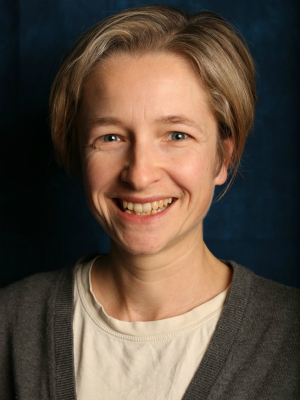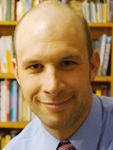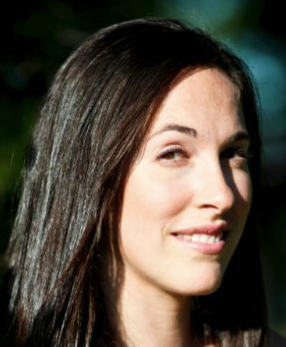6 October 2015
View Webinar Content
Presentation—Introduction to the webinar and panelists
Presentation—Best Practices in Conducting Grid Integration Studies
Transcript—Webinar audio transcript
The Clean Energy Solutions Center, in partnership with USAID and the National Renewable Energy Laboratory (NREL) hosted this webinar on "Best Practices in Conducting Grid Integration Studies." This webinar is part of the recently launched GreeningTheGrid.org toolkit, a USAID and NREL collaboration designed to support countries in integrating renewable energy into the power system.
As countries around the world establish ambitious renewable energy targets, power system planners will increasingly need to evaluate and manage the impact of significant generation from wind and solar on system operations. A grid integration study is an analytical framework for evaluating a power system with high levels of variable renewable energy. By simulating the operation of a power system under different future scenarios, a grid integration study informs stakeholders on the ability and needs of a power system to accommodate significant wind and solar generation. Experience demonstrates that when power system operators are able to evaluate the requirements of power systems with high variable renewable energy, they have been willing to develop new innovative approaches to meeting and even exceeding renewable energy targets.
This webinar addressed several fundamental questions, including:
- Why conduct a grid integration study?
- What types of questions can a grid integration study address?
- What are best practices for engaging key stakeholders in grid integration studies?
- What kinds of analysis and data are involved in a grid integration study?
The webinar included several case studies to highlight examples and lessons learned from grid integration studies that have been undertaken globally. Presentations were followed by an interactive question and answer session with the audience.
Panelists
 Dr. Jaquelin Cochran, Senior Energy Analyst
Dr. Jaquelin Cochran, Senior Energy Analyst
Dr. Jaquelin Cochran is a Senior Energy Analyst with the National Renewable Energy Laboratory, where she analyzes system operations, policies and market designs that create an enabling framework for emerging energy technologies (renewable energy, demand response, distributed generation). Dr. Cochran has published on many topics related to integration of renewable electricity, including policy best practices, coal cycling, RE curtailment, variability analysis, integration studies, system flexibility and market designs. She holds a Ph.D. and M.A. from the Energy & Resources Group at the University of California at Berkeley.
 Dr. Clayton Barrows, Electric System Modeler
Dr. Clayton Barrows, Electric System Modeler
Dr. Clayton Barrows is a member of the Energy Forecasting and Modeling Group at the National Renewable Energy Laboratory. His research focuses on improving the technical and economic efficiency of electrical systems through advanced computation and analysis. During Dr. Barrow's Ph.D. program, he interned at Los Alamos National Lab where he developed new algorithms to solve the optimal topology control problem. At NREL, Clayton focuses on electric system planning and operations models. He is a core developer of the RPM capacity expansion model, and he has designed and implemented a time domain partitioning method to parallelize production cost model simulations. Additionally, Clayton serves as a special detailee to the Federal Energy Regulatory Commission, where he leads analysis of electricity market data. He received his B.S. in Electrical Engineering from the University of Wyoming and his Ph.D. in Energy and Mineral Engineering from The Pennsylvania State University.
 Jennifer Leisch, Climate Change Mitigation Specialist, USAID Office of Global Climate Change
Jennifer Leisch, Climate Change Mitigation Specialist, USAID Office of Global Climate Change
Jennifer Leisch is a Climate Change Mitigation Specialist in the USAID Office of Global Climate Change, where she supports the U.S. Enhancing Capacity for Low Emission Development Strategies program. Jennifer manages the USAID Greening the Grid partnership, and she directs agency work to account for greenhouse gas emissions reductions as a result of USAID Clean Energy programs. She holds a Ph.D. focused on renewable energy science, and has previously worked in the research and development of advanced solar energy and fuel cell technologies.
